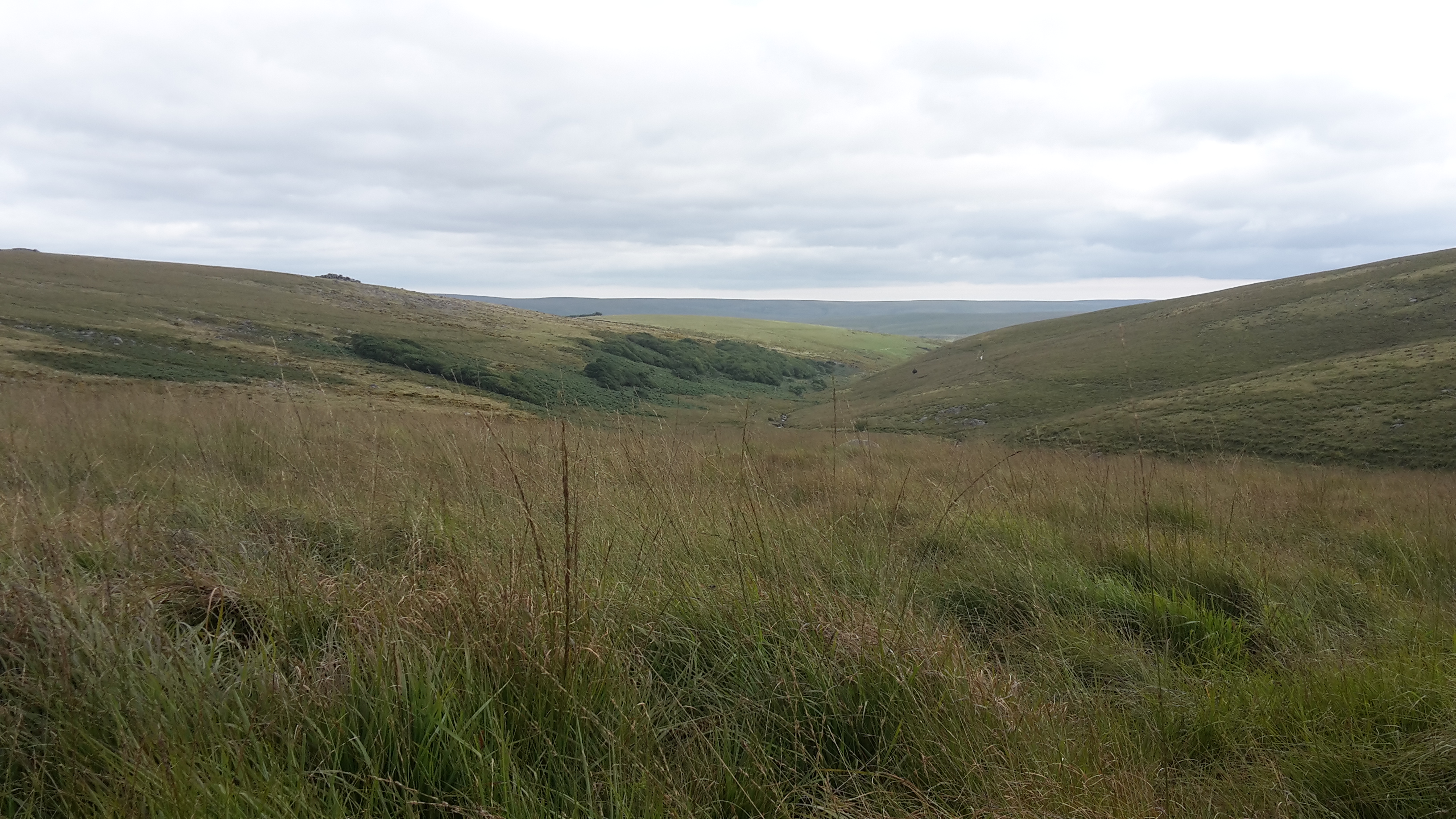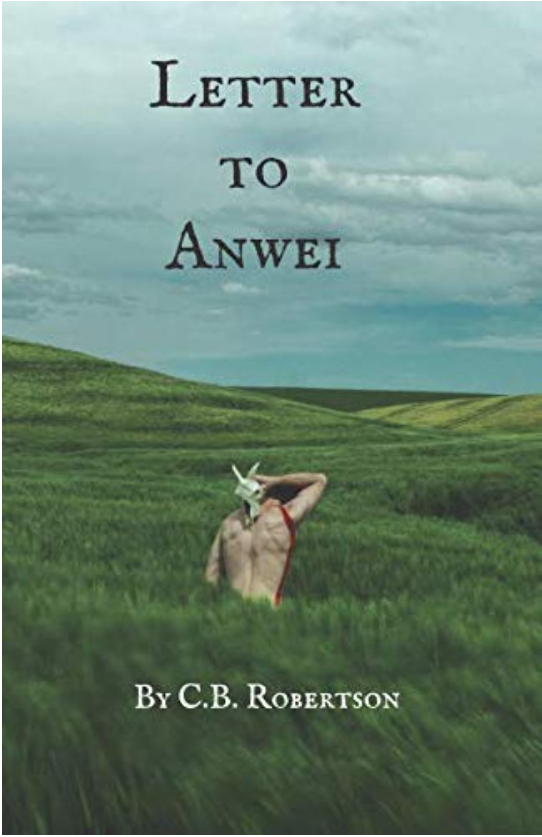The Anwei
Dear Grandchild, if the culture you have been born into is anything
like mine, then this concecption of what we truly are will be profound,
maybe even shocking. All through my early years, I was variously taught
by much of the culture that I was entirely an individual, unique and
unlike anyone else. I was taught that I should develop myself
for myself, as an individual.
But, this modern wisdom is misleading. Beneath our individuality, we are part of something larger, something that is neither society, race, or species. Something very much alive and yet hard to grasp, similar to tribe, but narrower, like family, but deeper. It consists of our ancestors and of our descendants, and in the middle there are we, the living. We are the living connection in a long line that connects our dead grandfathers with our unborn grandchildren. And it is us, the living, who determine its fate.
I am talking about the Anwei. “Anwei” is a term derived from the Proto-Indoeuropean words “ane”, meaning “breath”, “wind”, but also “soul” or “spirit”, and “wei” meaning “we” or “us”. The Anwei is the spirit of us, or the animating ‘we’.
I and my fathers are one.
Death
Why do we die? Why do some people kill themselves? Death is the end from
the perspective of an individual, and self-preservation is the primary
objective. Death starts to look less final if you see yourself as part
of your Anwei: Through your children and grandchildren, through
the ever-branching system of relatives and descendants who come after
you, your spirit, your inheritance, lives on. Just like the inheritance
of your fathers lives on within you. Think about all their suffering in
countless generations: They endured this for you, to give you a chance
to live and to build your Anwei.
But you cannot live forever. Things change, and as you age, you find yourself unable to keep up with the changes. You cling to a past that no longer exists, and you eventually disconnect from the reality around you. You are amazed by how easily your children adapt to this new world.
This is the reason why we must die. We must make room for our children and grandchildren, who are better equipped to deal with a world that has left us behind. It is now their turn to carry on our Anwei, with our inheritance, our spirit pulsing through their veins.
Identity and Justice
Understanding the Anwei brings clarity to some deeply held
grievances about the injustices of this world. At a first glance, it
seems unfair that some people have inherited better families, genetic
traits or ressources than others. These privileges make more sense,
though, when viewed in light of the Anwei: Our inheritance, our
traits, our race, our upbringing, were not given us randomly. Our
ancestors had to struggle, most likely had to sacrifice in
order to build our Anwei. We are the recipients of their
sacrifices.
It makes no sense to feel guilty or undeserving – the gift of their inheritance was intended for us, they made these sacrifices specifically for us, or better: for the Anwei, of which we are a part. Hopefully we, too, can contribute something to our Anwei which will benefit our children and grandchildren.
Becoming the Anwei
Dear grandchild, I hope it is clear to you through all of this how
important it is that you know who and what you are, what benefits to
yourself and to your family and society come from truly living as an
integrated part of the Anwei, rather than trying to live yourself as an
isolated individual. But how can this be done?
It can be as simple as looking back to how our ancestors lived: In close proximity with their family, with children and elders, with rituals structuring the cycles of summer and winter, of life and death.
The connection to the Anwei can be strongly felt when inhabiting the same land, the same building as our ancestors. When I visit my parents’ house, I eat apples from trees planted by my grandfather. I see my father use wooden tools that were built by his grandfather. I walk along fields which my ancestors have ploughed hundreds of years ago.
And yet, we cannot just endlessly repeat what our ancestors did. There is a reason why they are dead and we are alive: We are meant to develop the Anwei further, to move beyond what has already been established by our fathers. Do we not feel that the culture we live in has become stale and society hostile to our life-affirming instincts? Is it not time to ditch the spiritual ballast of dying gods?
Here we stand, we, the living, bestowed with the gifts of a thousand ancestors. Let us grow this treasure, until our heirs surpass us.

